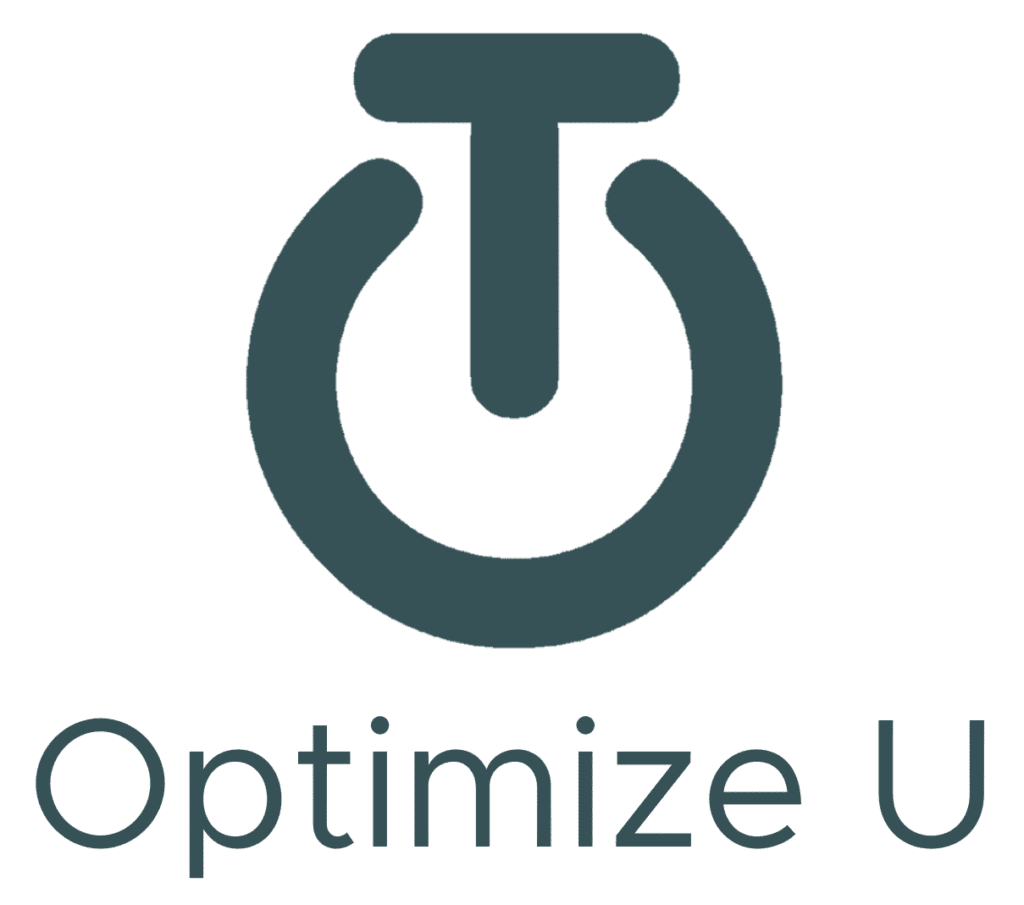Feeling “off” lately—low energy, stubborn weight changes, sleep swings, or mood ups and downs? Hormones influence nearly every system in your body, so when they drift out of range, you notice it in big and small ways. The good news: with the right evaluation and plan from Optimize U, most people can feel better.
At Optimize U, we meet you where you are with a thoughtful, clinician-led approach. Our team offers evidence-based options—hormone therapy, peptide support, cryotherapy, infrared saunas, compression/recovery services, and more—to help improve the well-being of every patient we treat. Clinics are patient-focused and clinician-run, with personalized programs designed around your goals.
What is a Hormonal Imbalance?
A hormonal imbalance simply means one or more hormones, like thyroid, estrogen, progesterone, testosterone, cortisol, or insulin, are too high, too low, or fluctuating at the wrong times. These imbalances can affect your metabolism, sleep quality, libido, mood, muscle mass, bone strength, and more. While life stage changes can shift levels naturally (think puberty or menopause), any symptoms that persist or interfere with your daily life deserve professional medical attention.
What Causes Hormonal Imbalances?
Many things can cause hormonal imbalances, and often we find that our patients are suffering from a combination of factors. Possibly causes include:
- Life stage transitions, like perimenopause or age-related testosterone decline.
- High-stress situations and poor sleep can severely disrupt cortisol and downstream hormones.
- Nutrition gaps and low protein affect thyroid conversion and sex-hormone production.
- Medications or underlying conditions (e.g., thyroid disease, insulin resistance)
- Environmental factors, alcohol, or overexertion.
You don’t have to pinpoint the root cause by yourself. A structured assessment can separate signals from noise and guide your next step.
Want a root-cause workup? Schedule labs and an assessment at Optimize U.
Subtle Signs to Watch For
Because hormones act like a team, symptoms are often mixed. Common patterns include:
- Low Energy & Motivation: Hormones play a key role in regulating energy and metabolism. When imbalanced, you can feel sluggish, unfocused, and drained.
- Difficulty Staying Fit: Hormones like testosterone and estrogen influence metabolism, fat distribution, and muscle maintenance.
- Poor Sleep or Insomnia: Hormonal decline linked to aging or imbalance can disrupt REM cycles, cause night sweats, or increase nighttime awakenings.
- Low Libido or Sexual Dysfunction: Erectile dysfunction or low sexual performance are often tied to hormone declines, not just age alone.
- Memory Problems or Difficulty Focusing: Hormones are tightly linked to cognitive function and memory.
- Mood Swings, Anxiety, or Depression: Estrogen, progesterone, and testosterone help regulate neurotransmitters like serotonin and GABA. When not balanced properly, they can negatively affect your mental health.
Symptoms that pass on their own or show up once can be normal, but a cluster of symptoms that persists is a clue to look deeper.
How Hormone Therapy Works
Hormone therapy from Optimize U can be a powerful tool when a true deficiency or dysregulation is identified. Our skilled medical professionals take you through a simple process:
- Clinical Conversation: Speak one-on-one with a medical professional to map out your symptoms, history, medications, training, and goals.
- Targeted Labs: Our board-certified practitioners will assign specific labs based on your symptoms and history to pinpoint the root of your issues. These labs may test for your thyroid health, level of sex hormones, your glucose/insulin levels, and more.
- Personalized Plan: After determining what is causing your discomfort, we will work with you to create a personalized plan that will lead to long-lasting relief. This plan could include a combination of hormone therapy, peptide options, and habit coaching, along with ongoing reviews of your progress by our practitioners.
It’s equally important to know when hormone therapy is not the first fix. If sleep, nutrition, medication side effects, thyroid dysfunction, or unmanaged stress are the real drivers of hormone imbalances, your plan should address those before or alongside hormone therapy.
Curious if hormone therapy is right for you? Talk to Optimize U about an evidence-based path.
Lifestyle Changes That Support Your Hormones
Even with hormone therapy, fundamental lifestyle changes make a huge difference:
- Sleep: Aim for consistent bedtimes and wake-up times, striving for 7-9 hours of sleep. An hour before bed, turn off all screens and bright lights.
- Protein & Fiber: Anchor your meals with adequate protein and high fiber plants to stabilize blood sugar levels.
- Strength Training: Two to four weekly sessions of exercise support muscles, bones, insulin sensitivity, and libido.
- Stress Hygiene: Finding ways to relax daily (walks, breathwork, journaling, or short mindfulness) keeps cortisol in check.
- Alcohol & Nicotine: Use sparingly; both can disrupt sleep and sex-hormone balance.
Fight Hormone Imbalances by Partnering with Optimize U
Hormonal imbalances can affect nearly every aspect of your life—from energy, mood, sleep, and weight, to libido and cognitive function. A thoughtful, personalized approach can make all the difference. At Optimize U, we evaluate your needs, provide lab-based analysis, and deliver tailored hormone therapy and supportive care designed to enhance your quality of life. With clinician-led, patient-focused services across our locations, Optimize U is committed to improving the well-being of every patient we treat.
Ready for real change? Contact Optimize U now to discover how our hormone therapy services can help you feel like your best self again.


